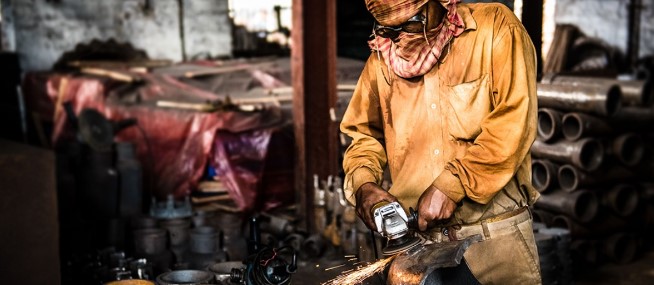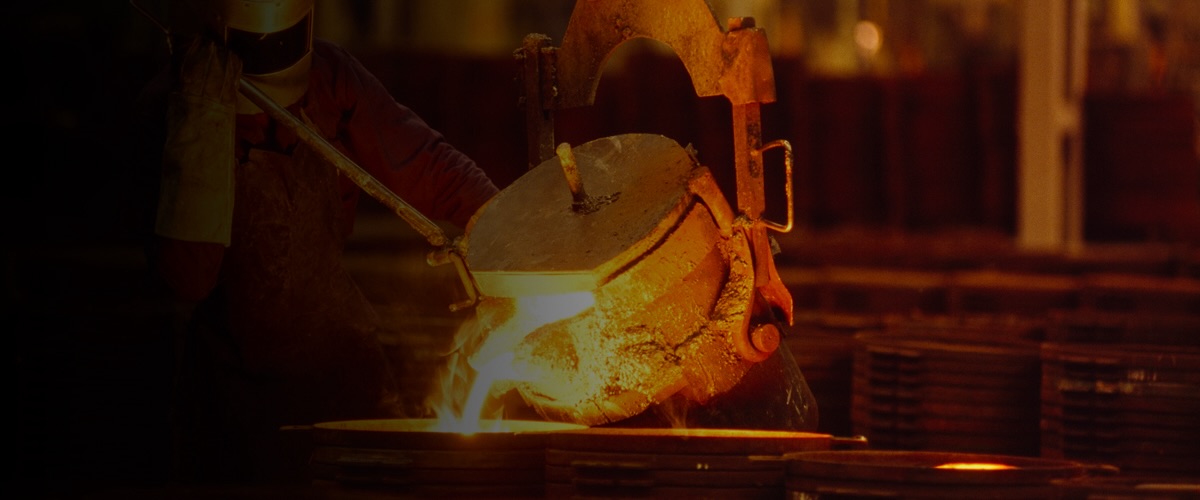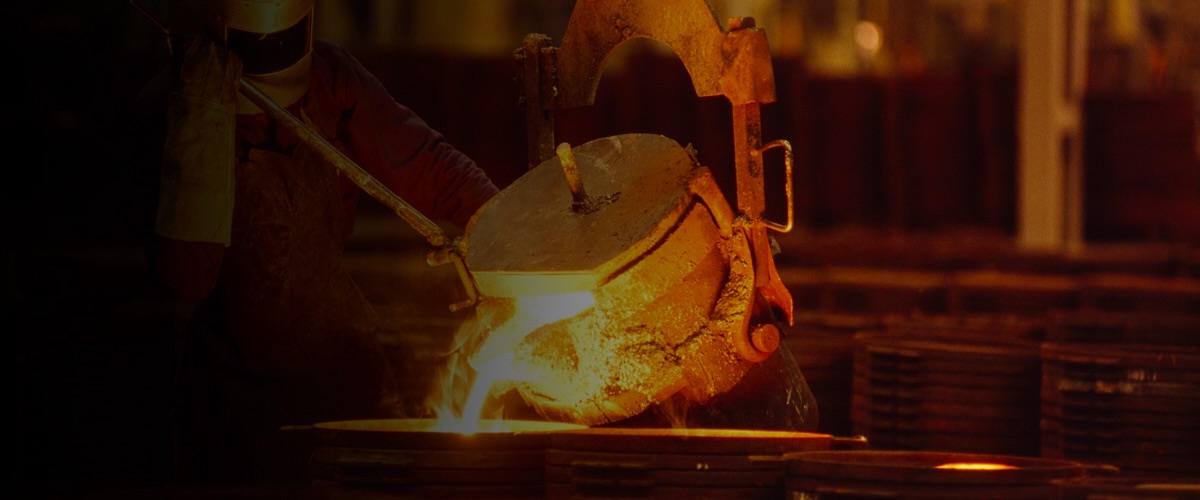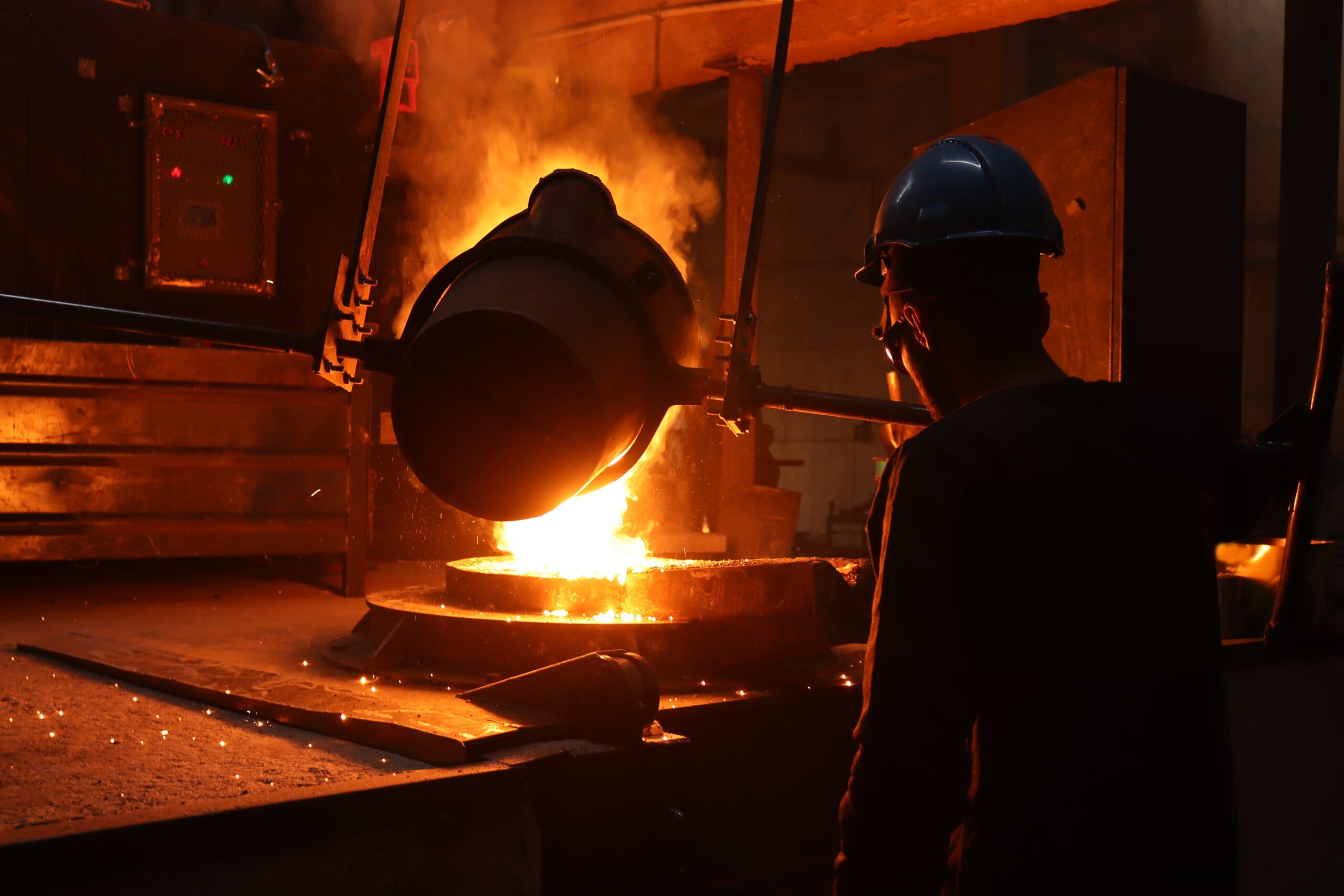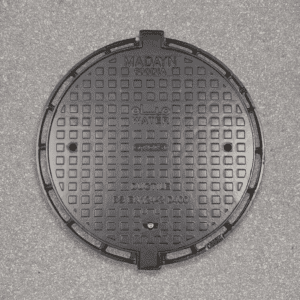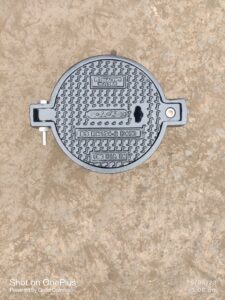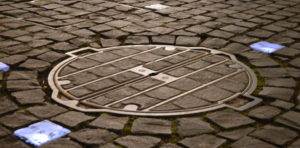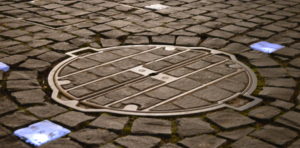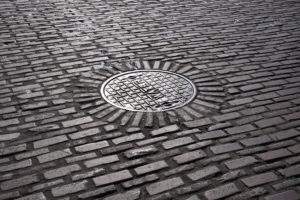Cast iron, a versatile metal alloy composed primarily of iron and carbon, has been a foundational material in various industries for centuries. Renowned for its exceptional strength, durability, and thermal properties, cast iron finds application in a diverse array of fields, from culinary arts to automotive engineering, and from construction to infrastructure development.
Its unique characteristics make cast iron indispensable in manufacturing a wide range of products, from cookware to automotive parts, and from plumbing systems to decorative elements. This introduction explores the myriad uses of cast iron across different sectors, highlighting its significance in modern-day industries and everyday life.
What is Cast Iron?
Cast iron is a type of metal alloy primarily composed of iron, with a carbon content typically ranging from 2% to 4%. It is made by melting iron and mixing it with certain alloying elements, such as carbon and silicon, before pouring the molten mixture into molds to solidify.
Cast iron manufacturers for foundry in India, Govind Steel manufactured cast iron which has a high carbon content, which gives cast iron its characteristic hardness and strength. Cast iron is known for its excellent heat retention properties, making it commonly used in cooking utensils like skillets and Dutch ovens. It is also utilized in various industrial applications due to its durability and wear resistance.
Uses of Cast Iron
Cast iron has a wide range of uses across various industries and applications due to its unique properties. Some common uses of cast iron include:
1. Cookware: Cast iron cookware, such as skillets, Dutch ovens, and griddles, is prized for its excellent heat retention and distribution properties. It is commonly used in both commercial kitchens and home cooking.
2. Pipes and Fittings: Cast iron pipes and fittings are widely used in plumbing and drainage systems for their durability and resistance to corrosion. They are commonly found in sewage systems, water distribution networks, and stormwater drainage systems.
3. Automotive Parts: Cast iron is used in the manufacturing of automotive parts such as engine blocks, cylinder heads, brake discs, and suspension components due to its strength, wear resistance, and damping properties.
4. Machine Components: Cast iron is utilized in the construction of various machine components, including gears, pulleys, flywheels, and housings, where its high compressive strength and damping capacity are advantageous.
5. Construction and Infrastructure: Cast iron is used in the construction of structural elements such as columns, beams, and ornamental fixtures due to its aesthetic appeal, strength, and corrosion resistance.
6. Railway Components: Cast iron is used in the manufacturing of railway components such as brake shoes, brake discs, and rail track components due to its wear resistance and ability to withstand heavy loads.
7. Valves and Pumps: Cast iron is commonly used in the production of valves, pumps, and other fluid handling equipment due to its corrosion resistance and ability to withstand high pressures.
8. Decorative and Architectural Elements: Cast iron is often used in the fabrication of decorative elements such as fences, gates, railings, and statues due to its malleability and ability to be cast into intricate shapes.
Wrapping It Up
Cast iron is a versatile and durable material with a wide range of uses across various industries and applications. From cookware and plumbing to automotive parts and construction, cast iron’s unique properties such as strength, heat retention, and corrosion resistance make it indispensable in many sectors.
Its ability to withstand heavy loads, high pressures, and harsh environments makes it a preferred choice for numerous applications, contributing to the reliability and efficiency of infrastructure, machinery, and everyday products. If you want guidance in choosing Cast iron for your specific project, contact Govind Steel. We are here to deliver cast iron, surface boxes, valve boxes, manhole frames, and covers.

